How to get rid of gluten bloating is easy when you know where to start. Feel better fast with these 7 easy steps!
Jump to:
When you need to know how to relieve bloating from gluten intolerance, you need relief now.
Preferably yesterday.
Painful gluten bloating is the absolute worst. And I know because I've been there.
In this article, I list the 7 Ways to Beat the Bloat Fast and show you how to relieve gluten bloating.
And never get it back!
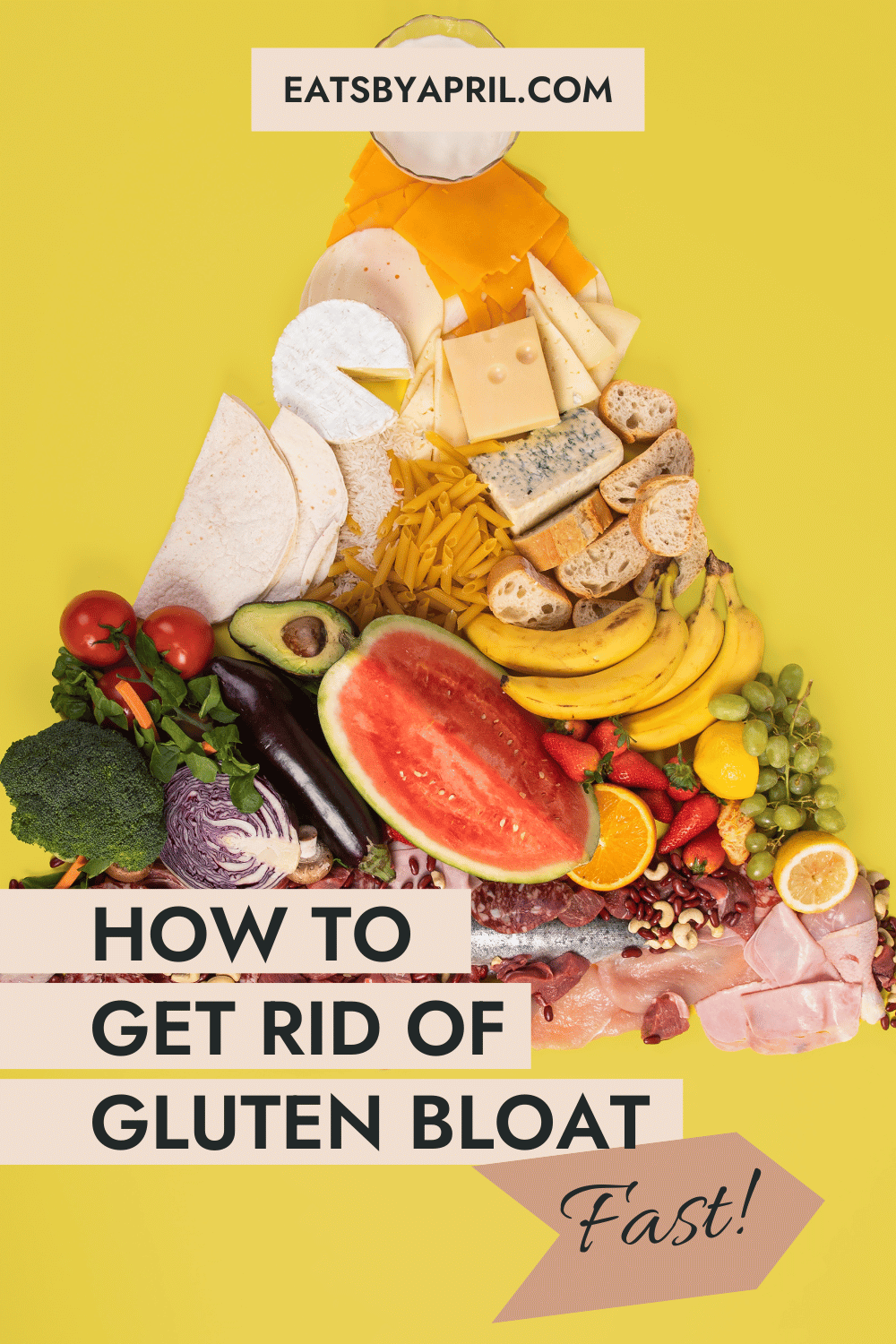
📝Steps to Get Rid of Gluten Bloat Fast
✅1. Accept and Commit to Beat the Gluten Bloat
When you need to stop gluten bloating, you first have to accept, and then commit.
Here's what I mean: when I first suspected that gluten was my problem, I was waaaaay to wishy-washy.
Like if there was a party and no gluten-free options were available, well, then I'm eating wheat! Or if we go out to eat and there's nothing that gluten-friendly, I just bailed on my gluten-free diet and went with the shrimp tacos, wheat flour tortillas be dammed!
So I felt like I was "being free" and just eating what I wanted to and to ALL HECK with the consequences but of course, that back-fired greatly.
I would pay the ultimate price, usually the next day, but sometimes up to a few days later with really painful bloating from the gluten.
From that day on, as I was laid up in bed with no relief in sight from my gluten bloating, I would swear that I would never. eat. gluten. again.
Not only that, I would just be so hard on myself, cursing myself for caving and not just "sucking it up" and going gluten-free.
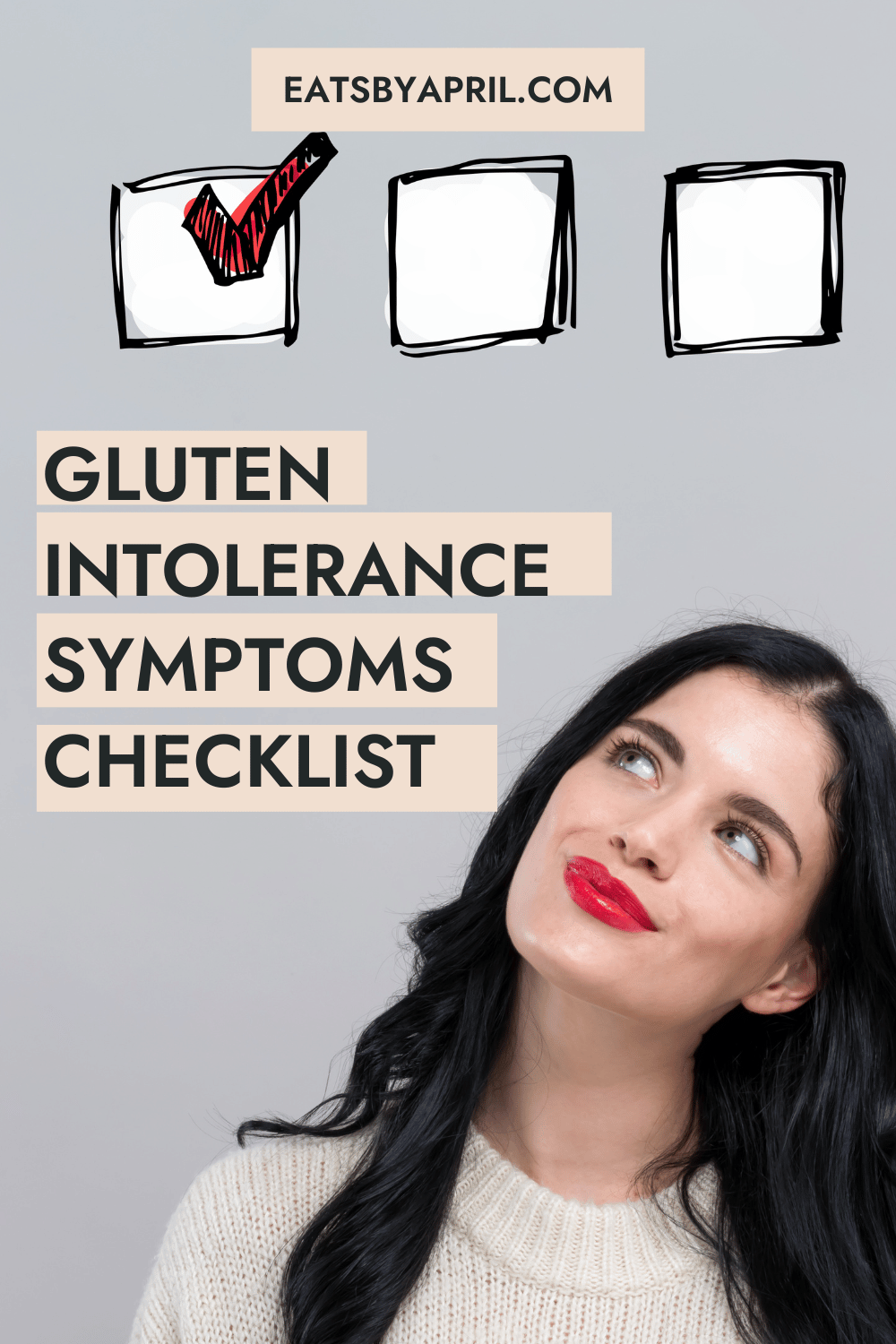
My God woman; how hard is it to just NOT eat the pizza at the party? You could have just stuck with the salad; had the corn chips or just bring your own food!
This is how the overly critical and helpful, like a quarterback on Monday is helpful, would ring loudly in my head.
As you can probably guess: there was a cycle; and it went like this:
- I have really painful bloating from eating gluten
- I swear off gluten ("I won't even look at it!!")
- Time passes
- I find myself in some situation where NOT having gluten and preventing bloating from the gluten would be slightly inconvenient (a social gathering; road trip; restaurant that I didn't feel like pre-scanning the menu online)
- I rationalize and tell myself, it'll be fine and I eat whatever (gluten-laden goodness)
- I have really painful bloating from eating gluten
You see the cycle.
So what I mean when I say "Accept and Commit" is that you need to acknowledge that this is what you need to do. Then you can apply yourself to doing what you need to get rid of gluten bloating for life.
This is exactly what I had to do to get relief from gluten bloating.
And once I DID accept that I had to 100% try going gluten-free to see if I would finally see relief from bloating, nausea and tiredness, it was much easier to move forward and implement.
(Right now, there is no definitive diagnosis for non-celiac gluten sensitivity so this is a situation where "the treatment confirms the diagnosis. Read more about diagnosis of non-celiac gluten sensitivity here.)
👌2. Go Gluten-Friendly
You've accepted and committed to getting relief from gluten bloating. Great! Now, let's look at what you're eating and sort that out!
When I first started going gluten-free to get rid of my bloating from wheat, I didn't know where to start.
And I'm a DIETITIAN so you know, you'd think I'd know better?
(Alright, to be fair, I had an IDEA of where to start. I tend to exaggerate for effect???? It would be more accurate to say I was overwhelmed with the prospect of going gluten free - while still cooking meals my family would eat.)
So now I have a good system down pat of what I eat; how I cook and my go-to meals for healthy and easy gluten-free cooking.
If you're you're just starting out though, you need a quick route to success.
You need relief from gluten bloating now.
Here's how I can help you get relief from gluten bloating now: start with my Cheat Sheet of Foods to Avoid!
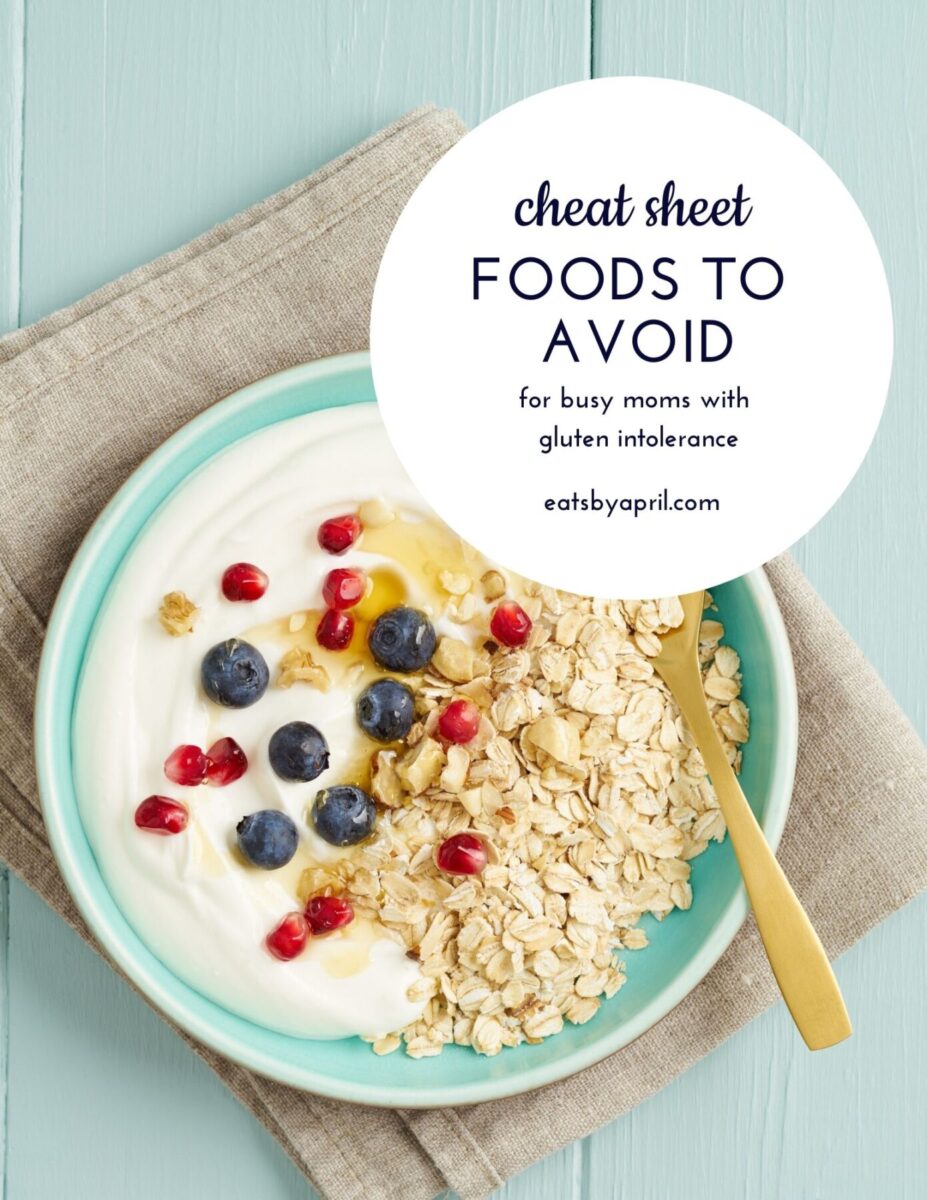
Getting a handle on your day-to-day eating and getting the MAJOR sources of gluten out of your diet will put you WELL on your way to getting relief from gluten bloating.
And once you've got that down pat, move on to the less obvious sources gluten.
Which brings us to #3...
🤔3. Be on the Lookout for Sneaky Gluten
So you've made the switch to gluten-free bread; rice is your new pasta; and you've found your favourite gluten-free crackers.
That's awesome!
And calls for celebration because you should be feeling a LOT of relief once your bloating goes down.
But if you find you're still having symptoms after a few weeks of going gluten-friendly, check that you're also avoiding the less obvious, and way more sneaky - sources of gluten.
Here's some of the biggest culprits:
- Beer
- Malt Vinegar
- Bouillons
- Salad dressing
- Broths
- Seasonings
- Candy
- Soup and soup mixes
- Deli meats
- Imitation seafood
- Tea (flavoured, usually with barley malt)
- Licorice candy
Most of the foods on the "sneaky list" above come in gluten-free options so you can check those out at your local speciality store or look online.
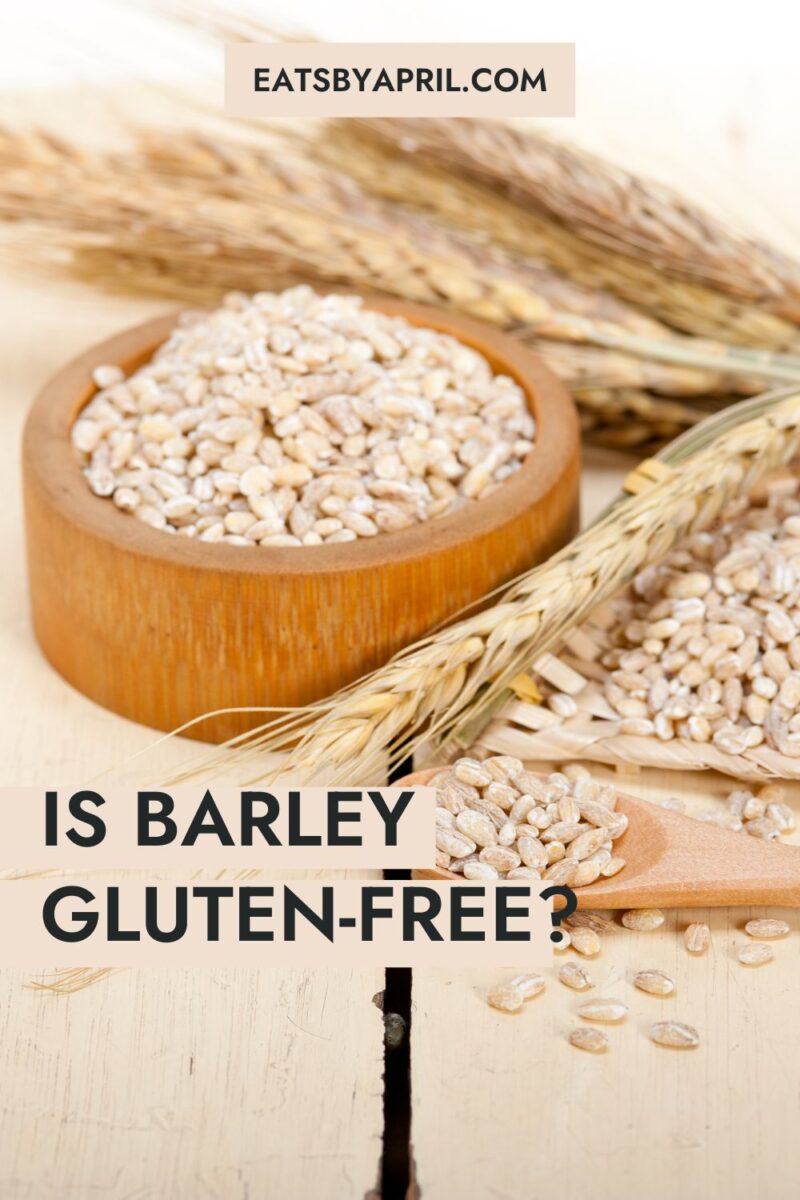
Check out this article for tips to avoid sneaky sources of gluten from the Cleveland Clinic here.
🏃♂️4. Get Moving
Gluten bloating may be caused by an inflammatory response in the body and exercise is a great way to help combat that inflammation.
Ok, I get it: on the one hand, it may not seem like a good idea to move around too much when you're feeling bloated from gluten but hear me out: you gotta at least try.
Studies have found that just 20 minutes of exercise (the kind that gets your heart rate up) is enough to trigger cells to release hormones that help increase the immune system and decrease inflammation.
Don't have 20 minutes each day?
Break it up into 10 minute shots of exercise throughout your day. Just make it intense enough that it gets your heart rate up.
I love the app Aaptiv because they have a ton of workouts that are short but intense enough that I can feel my heart pumping.
And you don't even NEED an app - a brisk walk does the trick too.

🚰5. Stay Hydrated
Getting and staying hydrated is super important for everyone but it's super important for those of us who live with bloating from gluten intolerance.
Our bodies are about 50-60% water to begin with! And staying hydrated is so important for so many reasons, including our appetite.
In my personal experience for myself and for people I've worked with over the years, hunger or cravings for high carb or high fat foods has been mistaken for mild dehydration.
If you're dehydrated and experiencing cravings for non-gluten free foods, it'll be hard to keep your gluten-friendly diet plan in check.
How to get more water?
We all know that water is super for day-to-day hydration but did you know that many foods have a high concentration of water?
Here are some:
- Pears, plums, peaches, cherries
- Citrus fruits (oranges, lemons, grapefruit)
- Lettuces - ice berg, romaine lettuce
- Celery, cucumber
- Foods that absorb water when cooked for example: oatmeal
💩6. Do a Gut Check
And I don't mean this figuratively, like how you do a "gut check" about a decision at work or if something. I'm talking about your actual bowels.
One sign of a healthy immune system? Healthy poops💩
There is a ton of great research out there about gut health, the importance of healthy bacteria in your gut and tons of research being done on this.
What does it mean for you, right now as you battle pain from gluten bloating? Not that much.
But there is something you can do about. If you don't like what your gut is putting out, here are a few things to explore:
- Take a look at your diet - where can you add more fibre and reduce plain ol' non-fueling carbs
- Try a probiotic supplement on for size
- See #4 and #5 above - move 20 minutes every day and get and stay hydrated (this is also super important when you increase your fibre. You'll need that water to keep things a movin' along.)
👩⚕️7. Get Some More Help
I'm here for you if you have gluten intolerance and need to know what to eat and what to do. I've been there and if I can help one person get relief from gluten bloating then I'm a happy camper😄
But sometimes you need even more support - I did. Talk to your doctor or other trusted healthcare professional so you can get the help you need.
Have a clear conversation with them and explain your symptoms.
You deserve relief from gluten intolerance. Don't wait for years like I did.

When you need to relieve gluten bloating, don't wait another minute. Get relief now.
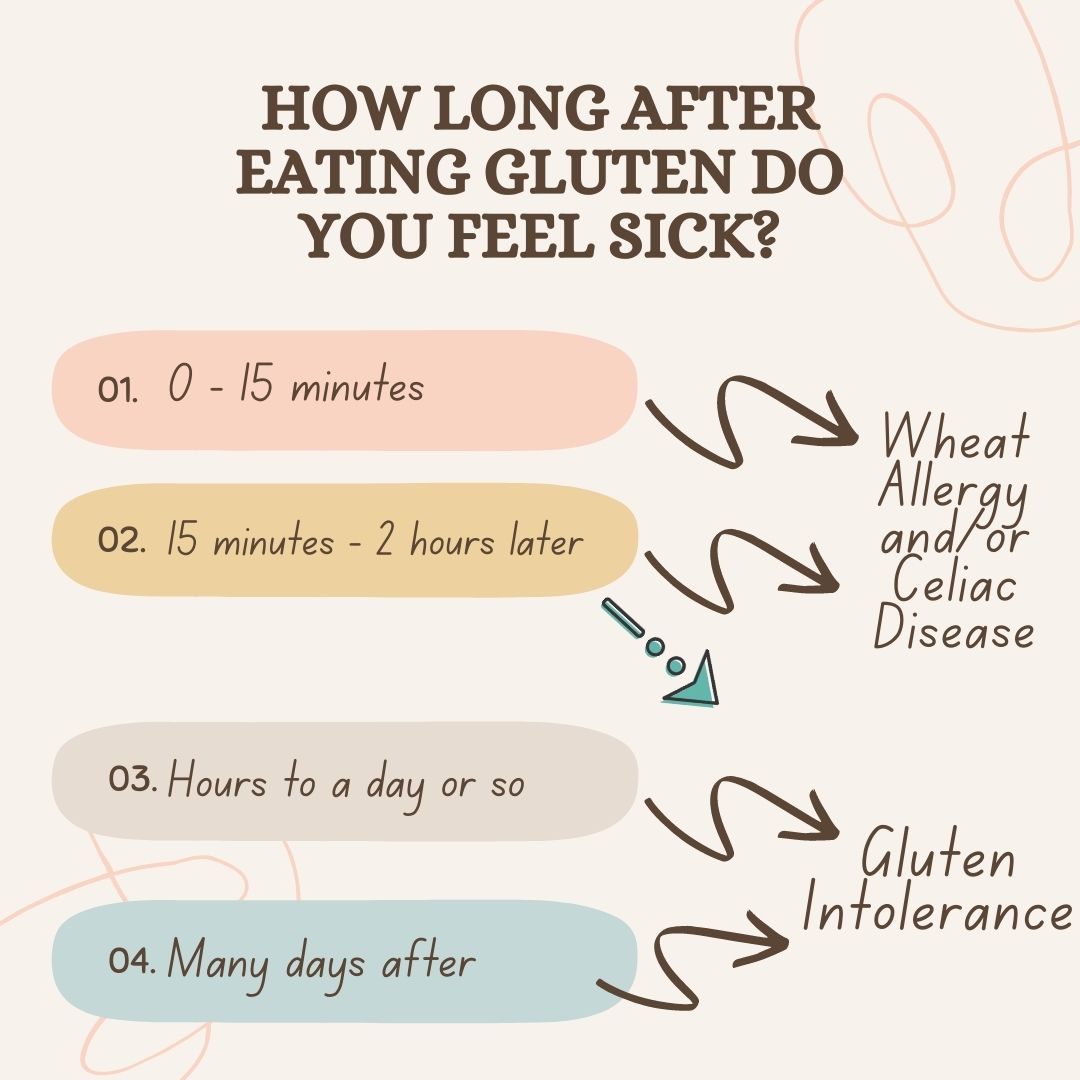
⏲️How long after eating gluten do you feel symptoms?
Usually, you’ll notice the start of symptoms pretty soon after eating gluten.
In the case of non-celiac gluten sensitivity, symptoms will arise after a few hours or maybe even days after eating gluten.
This has happened to me: once I was feeling absolutely horrible, like flu-ish and suuuuper tired.
So Jason made up some chicken noodle soup, as one does. And I start digging into this mug of completely hot and salty deliciousness.
And it wasn't until a few minutes after I'm slurping away on this lovely soup that I realize-DING.
I'm eating regular noodles! Whoops.
And I felt the effects a couple days later - for me, I'm nauseated and of course, really bloated.
Luckily, as soon as I got back on track with my gluten-free diet, I got the relief I was looking.
In the case of celiac disease, it's different. It could be several hours, days or even weeks.
For wheat allergy, symptoms appear within a few minutes, which is a typical allergic response, sometimes resulting in an anaphylactic reaction.
I hope you find the relief you need as soon as possible!
~April
Want more?
Sign-up to get all the healthy and gluten-free recipes delivered straight to your inbox each week.
"*" indicates required fields
If you found this helpful, check out these articles on gluten intolerance:

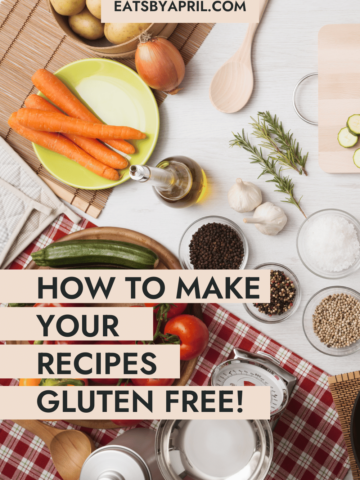
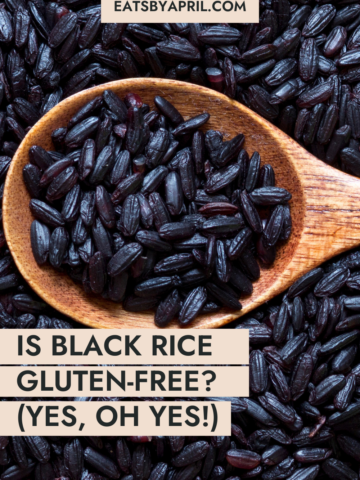
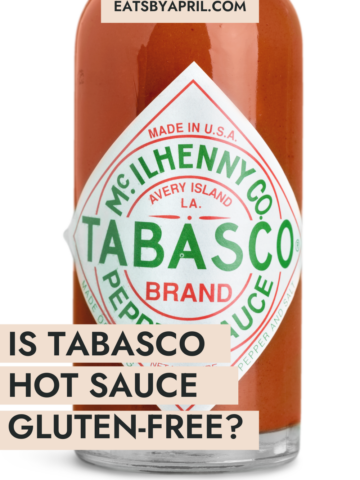
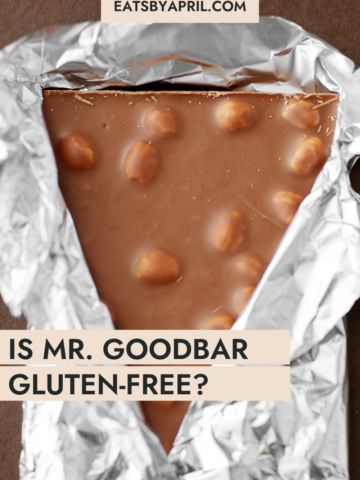
Comments
No Comments